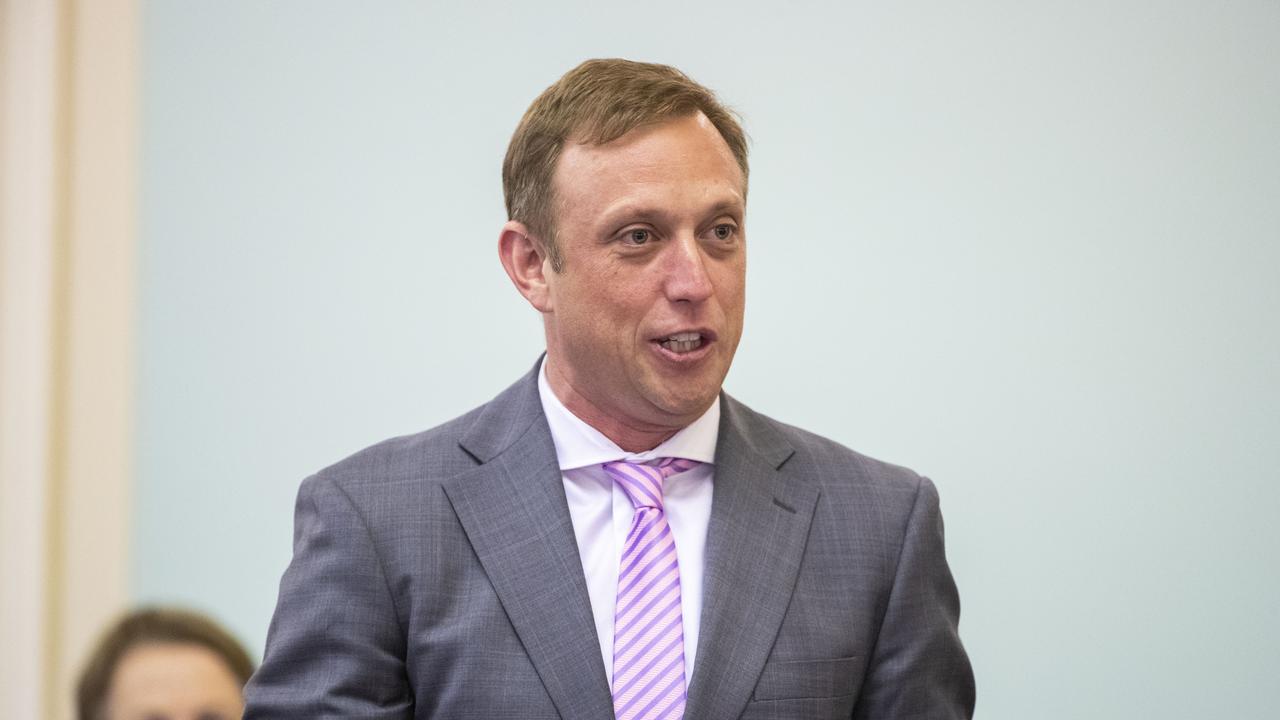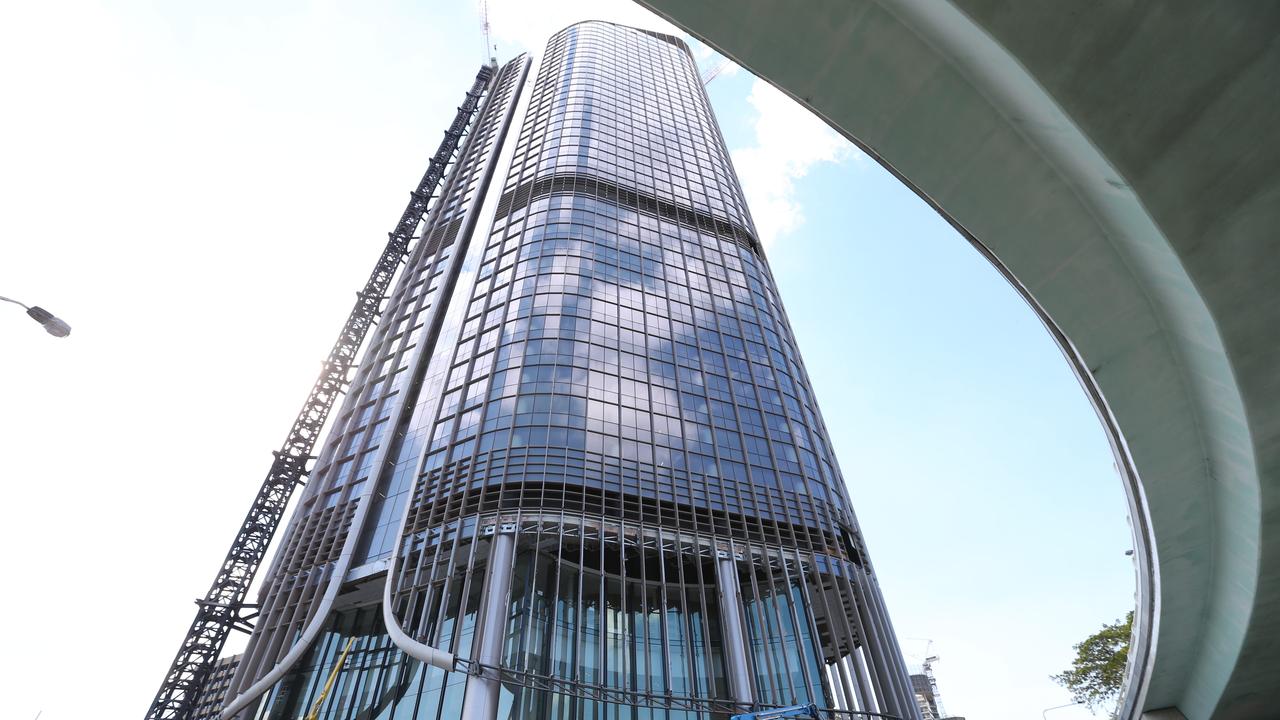A South Sea Islander chieftain remembers his past
He represents a huge swath of mining and farming land in the State Parliament, but the member for Mirani has been elevated to a leadership role of a very different kind in an island country far from home.
QLD Politics
Don't miss out on the headlines from QLD Politics. Followed categories will be added to My News.
THE Queensland parliament now has a Vanuatu tribal chieftain among its ranks and, considering the extraordinary history between Australia and that South Pacific nation, it seems rather fitting.
The Member for Mirani, Stephen Seymour James Andrew, is now also Chief Moli Duru Ambae.
He was elevated to a leadership role following a series of ceremonies last month on the island of Ambae during which Andrew had to perform a variety of ceremonial duties, including killing a pig.
Andrew won’t be swapping his representative duties to the people of his electorate, taking in the Pioneer Valley behind Mackay and large tracts of the mining hinterland, for a political career in Vanuatu.
But he does acknowledge and value his new leadership status as a tribute to his South Sea islander ancestors.
“It was a privilege to be invited to participate in such a powerful and important ceremony,’’ he says.
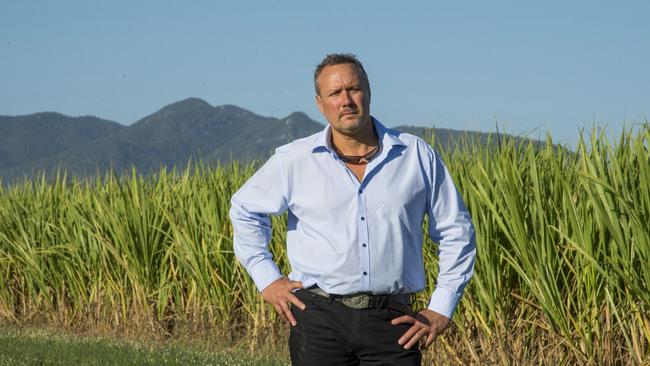
The One Nation MP’s initiation into tribal leadership came around 160 years after Andrew’s great great grandmother Lucy Querro and her friend Katie Marlla left their Ambae island village to get some sea water for cooking.
Instead of coming home to prepare the family meal, the pair were grabbed by blackbirders and spirited away by sailing ship to north Queensland.
There the two women became just two more lost souls among the estimated 62,000 South Sea Islanders who served in domestic servitude and/or the sweltering sugar cane paddocks of the north between 1863 and the start of the 20th century.
Lucy Querro became grandmother to Cedric Andrew, Stephen Andrew’s grandfather, a highly respected member of the Mackay community who died in October 2012 at the age of 101.
Australia seems to have a persistently hazy memory about the South Sea Islanders.
Much like African-Americans, South Sea Islanders played a key role in the development of our nation’s 19th century agrarian economy, paving the way toward the extraordinary standard of living Australians enjoy today.
South Sea Islanders were sometimes blatantly kidnapped from their island homes and held in “indentured servitude, ‘’ often enduring savage beatings, and buried where they fell dead in the cane fields.
Historians are often reluctant to call what happened to them “slavery’’ in the official sense of the word.
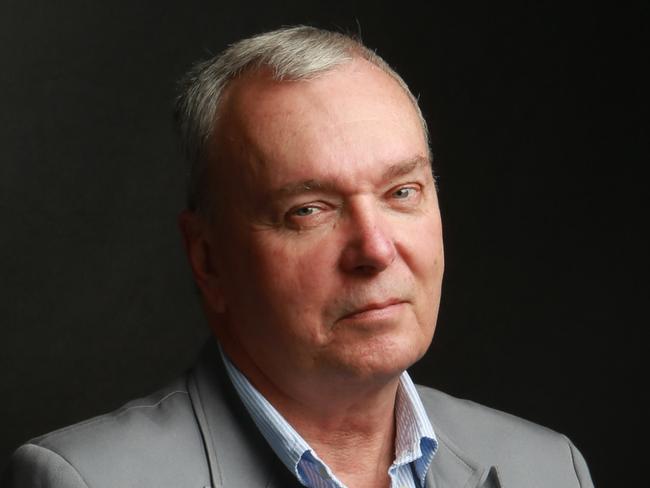
Yet many, including the University of Queensland’s highly respected historian and author Clive Moore, have ample evidence of the human rights abuses they suffered.
Australia may have a hazy memory of what they endured, but the South Sea islander community’s recollection is far sharper.
Stories of hardship have been handed down across the generations in huge extended families both here and across the South Pacific.
When the elders of Vanuatu heard of Andrew’s elevation to the Queensland parliament (the first South Sea islander to achieve such a lofty position in Australia) they came over to sit in the public gallery to listen to his Maiden Speech.
The ruling Labor Party didn’t even acknowledge Andrew’s achievement.
But many other individuals across Queensland, deeply familiar with our history, have taken a quiet satisfaction that a direct descendant of the people who sweated it out in the cane fields of the north and then, upon Federation in 1901, were ordered out of the country under the White Australia policy, can finally boast of one of their own entering a House of Representatives.
Brian Courtice, the former Federal Labor member for Hinkler centred on Bundaberg, is from a sugar cane farming family with a generational memory of the reality of South Sea islander “indentured servitude’’ which the blunt speaking Courtice unequivocally calls “slavery.’’
Courtice, with 29 unmarked graves of South Sea Islanders on his property “Sunnyside’’ outside Bundaberg, (confirmed by ground penetrating radar in 2013) has spent decades examining the history.
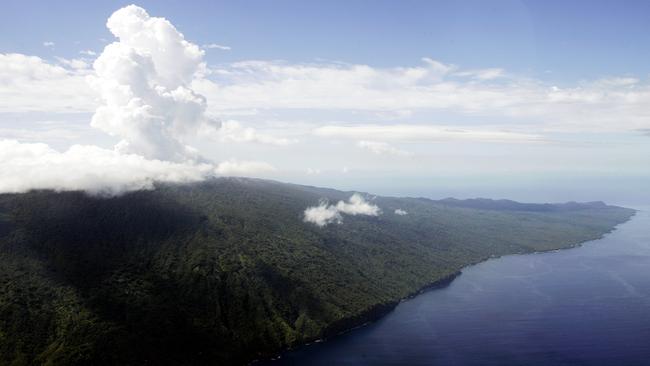
At the start of this year he even wrote to the British High Commission in Canberra suggesting that, given that the Slavery Abolition Act was passed in 1833 and Australia was still a British colony when the blackbirding trade was at its height, the British Government might consider financing a few university scholarships for Australian South Sea islander youths as a modest, token contribution to compensation.
“They didn’t even give me the dignity of a reply,’’ Courtice says.
The English might ignore them, but Queenslanders can at least attempt at a thank you.
While in Vanuatu Andrew visited the victims of the Manaro Voui volcano which last year erupted several times and robbed hundreds of families of their homes and crops.
They are still suffering, many living in utter desolation. Andrew and a few people in Mackay and the Pioneer Valley are attempting to raise some money to send over to help out.
If you want to help you can email “admin@miningcablesolutions.com.au’’ and they will let you know how to donate.

